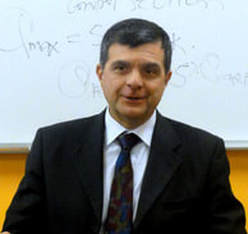 The project “Wastewater treatment: technical solutions and infrastructure management for developing countries with severe environmental vulnerabilities” is an initiative of Hydroaid realized with the financial assistance of the International Cooperation Fund of ATO 3 “Autorità d’Ambito n.3 Torinese” (the Water Authority of Turin) with the goal of ensuring better sanitation services by providing managers and technicians with tools for designing, managing, monitoring and assessing all phases of wastewater treatment. For this purpose, the project relies on the collaboration with SMAT, founding member of Hydroaid and leader in the field of integrated water services. Dr. Armando Quazzo, Head of the Development & Marketing Department of SMAT, answered our questions on the commitment of SMAT for development cooperation. 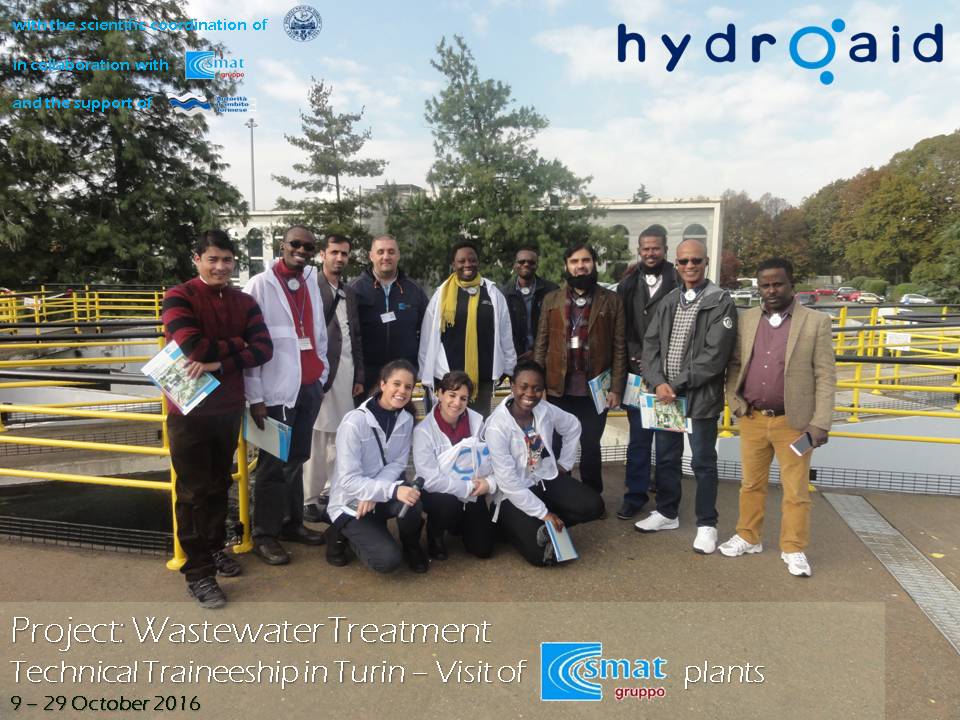 SMAT is an established leader in the field of integrated water resource management thanks to its production and managerial systems, among the most advanced in Europe and the world. How does the mission of SMAT engage with the cooperation initiatives promoted by the local territory? SMAT has always been very sensitive to all the international initiatives promoted by the territory and it often acted as the “technical arm” of the local institutions aiming to develop international initiatives in different countries. This close involvement has always been regarded as an important feature of the company as it allows a direct interchange with different realities which is the real trigger for improvement for all involved stakeholders. Besides economic and financial goals, the issues of social responsibility and environment protection are a core part of SMAT policies for the management of public water. In developing and emerging countries, increasingly high growth index tend to fuel human pressures on natural resources. How can the experience of SMAT contribute to relief the contradiction between the rising water demand and the vulnerability of environmental systems? The experience of SMAT in this regard can certainly be a great help, as the solution of problems connected to water distribution, as well as with collection and treatment of solid waste, is a complex challenge that requires merging components from technical, administrative, maintenance and regulatory resources. The exchange with a public utility characterized by a vertical structure for managing all these aspects allows a comparison and the application of best practices that can be replicated in different contexts. SMAT is a founding member of Hydroaid and in the past 15 years it played an active role in the cooperation actions realized by the Association. Do you believe this collaboration contributed to reinforcing the international standing of the local territory in a field where public policies and governance models are essential elements for achieving sustainable development? I am unable to answer with certainty whether the activity developed by SMAT through Hydroaid have accomplished the goal of enhancing the international standing of the territory. However I know that this cooperation did raise the awareness and the capacity of the local stakeholders in presenting themselves in the international scenario. I personally believe this is already a great result for the operators of a traditionally closed field. 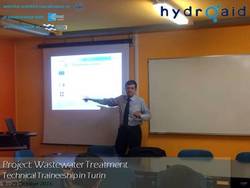 Your lecture is dedicated to the economic regulation of integrated water services. In your opinion, what are the main challenges that the target countries involved in the project will face - in social, economic and environmental terms - to ensure access to efficient and sustainable services? The clear challenge here is matching infrastructure plans adequate to the needs of the countries with tariffs that are sustainable for the population. As the water service is a vital one, as all essential services it is important that it is offered at a sustainable cost. This is the great challenge that urban planning and economic regulation will have to deal with in order to obtain the right balance allowing the provision of services in line with the expectations of citizens and industries, as well as supported by the contributive capacities of the users.
0 Comments
Leave a Reply. |
Archives
April 2024
Categories |
Location
|
Contact Us
|

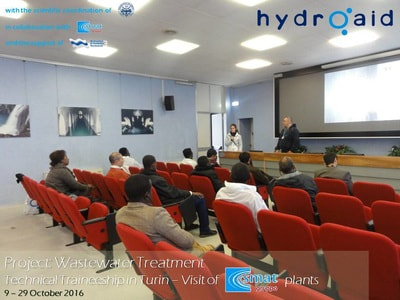
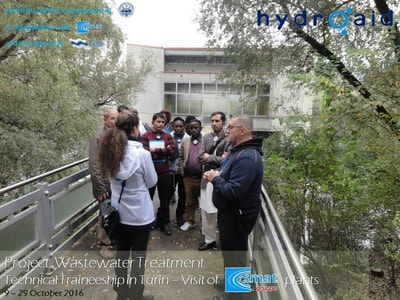
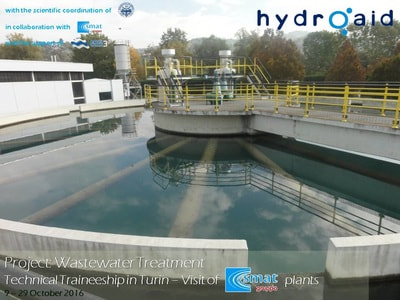
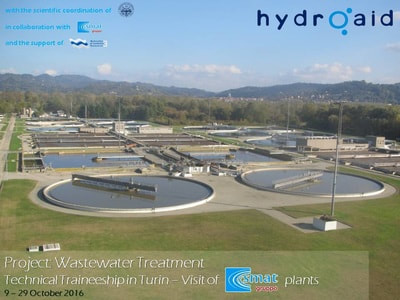
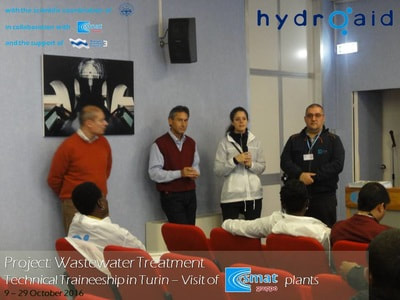
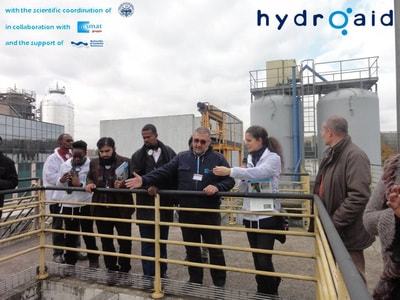
 RSS Feed
RSS Feed